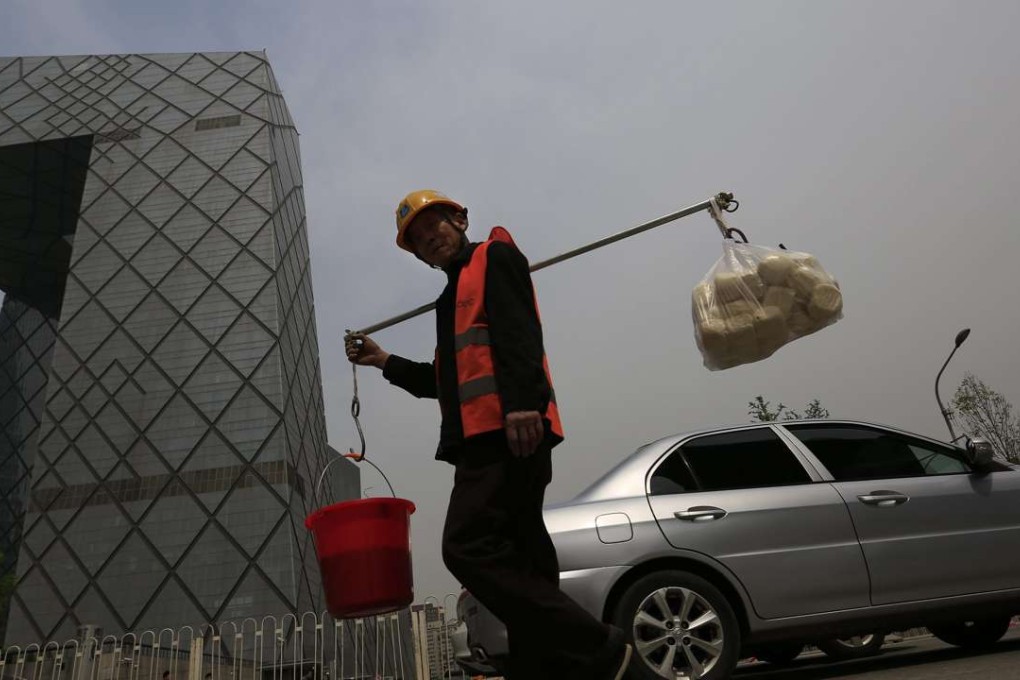All signs point to an economic slowdown in China, but warnings of a credit crisis are too simplistic
Joe Zhang says a recession would be a much-needed shock to achieve the transition Beijing seeks to a domestic-consumption-led growth model

For the past four years, analysts at Fitch Ratings and Wall Street banks have shared a consensus: a credit crisis will break out in China at any time. Their prediction was based on two factors: China’s economy was slowing sharply, and bad debts would lead to bank runs. Above all, the country’s debt-to-GDP ratio was alarmingly high and climbing. But, four years on, a credit crisis seems a more remote possibility.
Capital cushions are there to be wiped out, by design
Look at the current situation: China’s banks are still very liquid; loan growth has stayed at a 10 per cent clip; public confidence in the banks is unquestioned; and external debts are manageable.
It is true that the number of officially reported bad debts may be only a fraction of the actual figures. It is also true that some banks may be running on a very low or even negative equity as their bad debts may have wiped out their capital cushion. But does that really matter? Capital cushions are there to be wiped out, by design. In bad times – like today – capital gets depleted, and come the good times, the banks will make a killing and build the cushions again. Even in bad times such as these, China’s banks continue to pay very high dividends despite analysts’ constant talk of rising bad debts and thin capital cushions.
The last stimulus in 2008 has now been badly discredited and there is no appetite for a repeat
And, it is worth highlighting that non-bank financial institutions in China have fared much worse in the current economic downturn. A large number of crippled microlenders, and failed trust companies, guarantee companies and even leasing companies litter the landscape. And it is easy to see why, since their cost of input (that is, funding cost) is the banks’ cost of output. In other words, they not only operate in a subprime sector but they are also at the mercy of the banks. Securities firms (dealer-brokers) are now also becoming risky lenders in the already inflated A-share market while the insurance sector is slowing. Some analysts argue that, compared to the US or Europe, market penetration of China’s insurance services is very low and that it has huge growth potential. But in the short to medium term, the sector looks overserved and wildly competitive.

When it comes to the G20, China is in better shape than many
A slower economy is the cause of banking distress in China and parts of Europe. But if the governments of Italy, Greece, Portugal and Spain had China’s kind of total freedom in setting fiscal and monetary policies, their own banking sector distress would be much easier to manage.